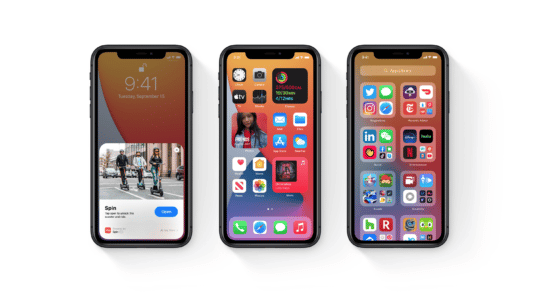
Photo by Minh Hằng on Unsplash
This is a guest post by Chris Stocker of AMNavigator.com. Chris Stocker has been involved in affiliate marketing since 2007 and currently works as an account manager for AM Navigator, a leading affiliate OPM agency.
Affiliate marketing is a type of marketing where an affiliate promotes a merchant and its products, and when someone buys from that promotion, the affiliate receives a commission (or payout). This is affiliate marketing in its simplest form.
Over the past few years, there has been a big increase in the amount of influencer marketing campaigns. At a basic level, this type of marketing works in a similar way to affiliate marketing. An influencer promotes a product and is paid by the merchant.
This payment typically comes in one of two ways:
- Sponsored Post Payment (a one-time flat fee)
- Affiliate Commissions
When done properly, these two can work together in a payment mix.
But if you’re an affiliate marketing manager, you have probably run into the following scenario hundreds of times: You reach out to a potential affiliate you think will be a great fit for your affiliate program. They respond with, “Sorry, we don’t do affiliate commissions, we work on a paid sponsored post arrangement.”
Sounds final, but the opportunity is not over.
How to Mix Affiliate Commissions with Paid Sponsorships
One reason you may want to use an affiliate program model and not just a sponsored post is because you want to pay on the performance of the affiliate’s post, and not just a flat fee. On the other hand, the affiliate knows how much work and effort goes into a promotion, so they want to be paid for their time and effort.
So, here’s the middle ground.
Offer the affiliate half of their sponsored post fees as a one-time payment, but still get them involved in your affiliate program to use their tracking links to earn commissions. The benefit of this arrangement for the affiliate is that their affiliate link will live as long as they want it to in their content. So, they could end up making even more money from ongoing commissions as opposed to just their initial sponsored post fee.
Also, if the affiliate sees the success of this campaign, by being part of the affiliate program, they can easily share their link again and again and continue to earn commissions off of sales.
The potential affiliate may not be as familiar with affiliate marketing as they are with sponsored content, however, so a little education on the benefits of “passive” income can help them understand why the affiliate program may be worth it in the long run.
What If They Don’t Want to Use a Link?
A lot of Instagram influencers do not want to have to use a trackable link because of the difficulty of getting people to click on a link from Instagram. No problem.
You can create a unique coupon code that can be tracked within the affiliate network that you are using. If your affiliate network cannot handle the tracking of coupon codes, then simply using your e-commerce platform to run a monthly report of coupon usages will suffice as well. Once you run this monthly report, you can then pay the affiliate (influencer) their agreed-upon rate.
Offer Free Product in Exchange
Depending on the value of your products, giving away free samples instead of paying the full promotion fee is another way to mix affiliate marketing with sponsored content. For example, let’s say your product typically costs $250, and the affiliate wants a $500 payment for a sponsored post. Instead, offer to send the affiliate a free product, a higher commission rate than others in your program, and half the original fee.
This lowers the paid sponsorship to $250, but the product value makes up for it.
With a little creativity, the options for mixing affiliate marketing models with paid sponsorships can be endless. I would love to hear more ideas from you on how you have been able to do this. Please leave a comment below, and be sure to follow AM Navigator on Facebook. If you have any questions, please contact us.
Author
Becky is the Senior Content Marketing Manager at TUNE. Before TUNE, she handled content strategy and marketing communications at several tech startups in the Bay Area. Becky received her bachelor's degree in English from Wake Forest University. After a decade in San Francisco and Seattle, she has returned home to Charleston, SC, where you can find her strolling through Hampton Park with her pup and enjoying the simple things in life.




Leave a Reply
You must be logged in to post a comment.